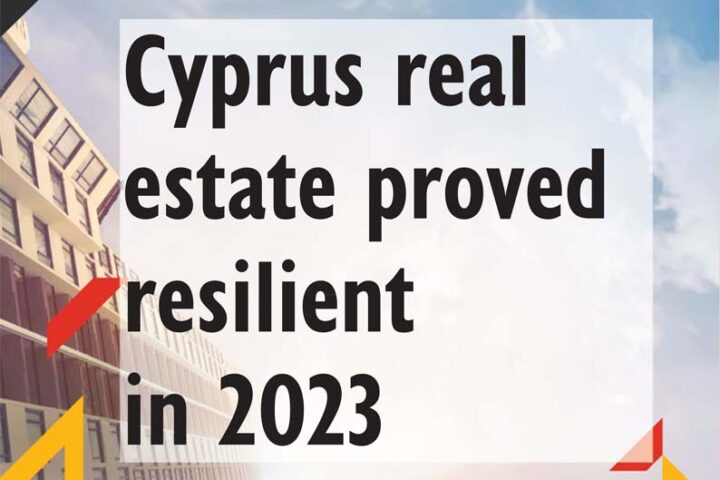Now that Brexit is over and done with, it made me think about what British nationals can or cannot do in Cyprus when buying real estate.
As circumstances stand and without any change in the law regarding the acquisition by British nationals, they will now become part of the category of ‘foreign purchases’ as all other non-EU members.
As such, they face the following restrictions:
- Only one house can be acquired.
- No letting for income.
- Purchase of land or house limited to 4,000 sqm.
- No acquisition of offices, etc, other than through an offshore company (which has its restrictions regarding the location of offices, the number of locally employed staff etc).
- The transfer of property will require Cabinet approval, which might take 2-4 months and the applicants required to provide detailed information.
- No share acquisition in real estate companies or funds.
- Acquisition of land outside development areas, e.g., agricultural, is restricted, and land acquisition in development areas must have had a home erected within three years from the purchase.
- All money used for the acquisition must come from abroad.
- Unmarried couples (even if they have children or grandchildren together) cannot have joint ownership of real estate.
- Work permits will be required if work is necessary.
There is also the issue of the cost of a visa when visiting Cyprus, as well as the exclusion from the Cyprus national health scheme GHS.
The situation is not clear as I have urged the Cyprus government to provide some type of an exception or relaxation for our British friends living permanently in Cyprus to minimise their restrictions.
Using Commonwealth status is one way to overcome the matter, but then Commonwealth covers a lot of other nationalities as well (including Pakistan, India, South Africa) and we have the E.U. opinion to consider.
I suspect a similar problem exists with other destinations popular for the British, including Spain, Portugal, Malta, Italy, and Greece, so perhaps a joint EU proposal could help.
The situation has worried local and expat residents, but a fair warning was given to them to utilise the grace period provided, including support from various British organisations, but I understand that a good percentage did not do anything.
As a result of these restrictions and uncertainties, some British homeowners are placing their property on the market for sale, especially in the Paphos region.
With approximately 40,000 Britons living in Cyprus on long or short-term stays, to have reached this juncture feels like we are losing a long-time friend.
In the end, Cyprus stands to lose in terms of ‘permanent tourism’, whereas the long-standing individual and personal friendships will also take a hit.
An old client asked me if we will meet again, which is the sort of confusion that will be created at least for the next six months or so.
So, where do we go from here?
Under the permanent residency visa rules (as it exists today) property buyers will require a home with a value of at least €300,000 + VAT unless the existing one already cover this.
This will create difficulty for the newcomers who will have to come up with such an amount above their holiday home requirements.
Besides, newcomers will need to prove an income of at least €30,000 p.a. + €5,000 p.a. for dependents, and they need to visit Cyprus at least twice a year.
These kinds of restrictions do not necessarily exist in other countries and will place Cyprus at a disadvantage.
Then again, with the mess, we found ourselves in with the citizenship-for-investments programme (golden passports) is this the right time to consider any relaxations?
One local developer operating in Paralimni, worried about losing his buyers, asked me what he needed to do.
I directed him to various websites that deal with such matters but asked, “where were you when this situation was coming up 6 months ago?”
It makes me wonder how property developers selling to Britons have not yet come up with suggestions to put pressure on the Cyprus government (currently at its lowest level of credibility regarding real estate) to safeguard their clients who are seeking greener pastures.










